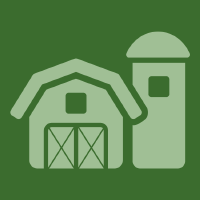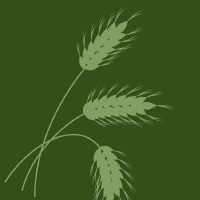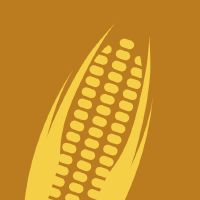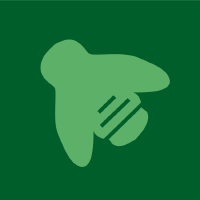Topic Editors


Advances in Integrated Pest Management: New Tools and Tactics for Pest Control
Topic Information
Dear Colleagues,
The demand for sustainable agricultural practices has increased the importance of integrated pest management (IPM), both in the field and during storage. In the field, plants face a dynamic range of threats, including climate change-induced pest and pathogen proliferation, pest resistance development, and biodiversity loss. New research is vital for developing adaptive management strategies that address these challenges. Innovations in precision agriculture, such as pest monitoring systems and targeted interventions, hold promise for enhancing IPM effectiveness. Additionally, exploring the potential of beneficial organisms and natural predators can contribute to environmentally friendly solutions. At the same time, post-harvest losses due to pests and diseases also pose significant risks to food security. Developing advanced monitoring technologies, alongside improved packaging materials, can mitigate these issues. Moreover, understanding the interaction between stored-product pests and storage environments can inform the development of more robust protective measures . The future of global food security depends on the advancement of IPM as a cornerstone of modern agriculture and of resilient agricultural systems. In this context, the focus of this Topic is on the recent advances in Integrated Pest Management (IPM) related to, but not exhausted by, the following:
- Integrated management of crop pests and pathogens (insects, acari, plant-parasitic nematodes, etc.);
- Integrated management of stored-product insects (heat treatment, modified atmospheres, mating disruption, application of inert dusts, botanicals, etc.);
- Trapping and monitoring of field and storage pests;
- Precision farming technologies for crop and produce protection in the field and during storage.
We invite you to submit your manuscripts to this Topic, which aims to highlight recent research in integrated pest management for mitigating pre- and post-harvest losses and controlling field and stored-product pests.
Dr. Christos I. Rumbos
Dr. Eirini Karanastasi
Topic Editors
Keywords
- biopesticides
- chemical and non-chemical control
- digital and precision tools; durable commodities
- entomopathogenic nematodes and fungi
- food security
- integrated pest management
- pest monitoring and detection tools
- pre- and post-harvest pest infestations
- stored-product insects
Participating Journals
| Journal Name | Impact Factor | CiteScore | Launched Year | First Decision (median) | APC | |
|---|---|---|---|---|---|---|

Agriculture
|
3.3 | 4.9 | 2011 | 19.2 Days | CHF 2600 | Submit |

Agronomy
|
3.3 | 6.2 | 2011 | 17.6 Days | CHF 2600 | Submit |

Crops
|
- | - | 2021 | 22.1 Days | CHF 1000 | Submit |

Insects
|
2.7 | 5.1 | 2010 | 16.7 Days | CHF 2600 | Submit |

Sustainability
|
3.3 | 6.8 | 2009 | 19.7 Days | CHF 2400 | Submit |

Agrochemicals
|
- | - | 2022 | 16.7 Days | CHF 1000 | Submit |

MDPI Topics is cooperating with Preprints.org and has built a direct connection between MDPI journals and Preprints.org. Authors are encouraged to enjoy the benefits by posting a preprint at Preprints.org prior to publication:
- Immediately share your ideas ahead of publication and establish your research priority;
- Protect your idea from being stolen with this time-stamped preprint article;
- Enhance the exposure and impact of your research;
- Receive feedback from your peers in advance;
- Have it indexed in Web of Science (Preprint Citation Index), Google Scholar, Crossref, SHARE, PrePubMed, Scilit and Europe PMC.

